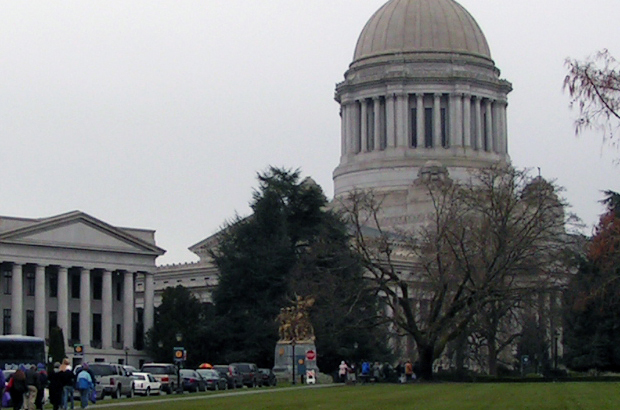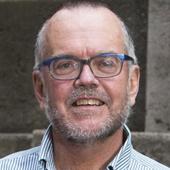A Clean Fuel Standard, which requires the use of lower carbon fuels, is one of the most effective solutions for reducing climate change pollution, protecting public health, and spurring investments in home-grown alternatives to petroleum fuels. When the Department of Ecology released discussion draft rules this spring, the public response was overwhelmingly positive. Local companies are developing cleaner alternatives to power transportation—including renewable natural gas from dairies and landfills, electric vehicles and low-carbon biofuels—and they see a Clean Fuel Standard as a critical driver for needed investments to build local markets and bring these technologies to scale in Washington. Here in Washington many of us have been urging the Governor to use his authority to put a Clean Fuel Standard on the books.
Tell your legislators and the Governor to reject any transportation package that stops progress on clean fuels or public transportation.
The oil industry has other ideas, because they see it as a direct threat to their monopoly on our transportation choices. The Western States Petroleum Association (WSPA)—representing BP, Exxon, Shell and almost all the major oil companies—has been working around the clock in Olympia to eliminate the Governor’s ability to adopt a Clean Fuel Standard. They have been holding Washington’s transportation budget hostage – setting up a false choice between transit investments and clean air. The package approved by the Senate includes a “poison pill” provision that will transfer all transit appropriations to road projects if the Governor adopts a Clean Fuel Standard. In other words, we get either public transportation or a clean fuels standard, but not both. The oil companies seem to think they can use the legislature to do their dirty work, confuse the public, and hold us back from a clean energy economy.
We know that’s a false choice and we can have both improved transit throughout the state AND the improved public health, cleaner air, and growing economy that a Clean Fuel Standard will bring. The legislature should act in the best interests of all Washington citizens, not just the oil companies. They should say yes to public transit AND clean fuels.
From Governor Inslee on down, every official in Olympia needs to know that we can’t afford to treat clean air protections like a trading card. Not all legislators write the transportation package, but they all get to vote on it, and the Governor has to sign it.
Tell your legislators and the Governor to say no to the profit interests of a single industry and to reject any transportation package that stops progress on clean fuels or public transportation.
Oregon, British Columbia, and California have all passed Clean Fuel Standards and Washington can implement one right away unless the oil industry has its way. With a culture of innovation and pride in our bounteous resources, Washington can and should be a leader in developing a clean energy economy and improving public health by lowering transportation related air pollution. We can’t let big oil hold our clean energy future hostage.
Make sure your legislator and the Governor know that you want a transportation package that defends a Clean Fuel Standard AND provides needed public transit investments.
Image

TONY SWARTZ
Clean fuels or better transit? A false choice for Washington




